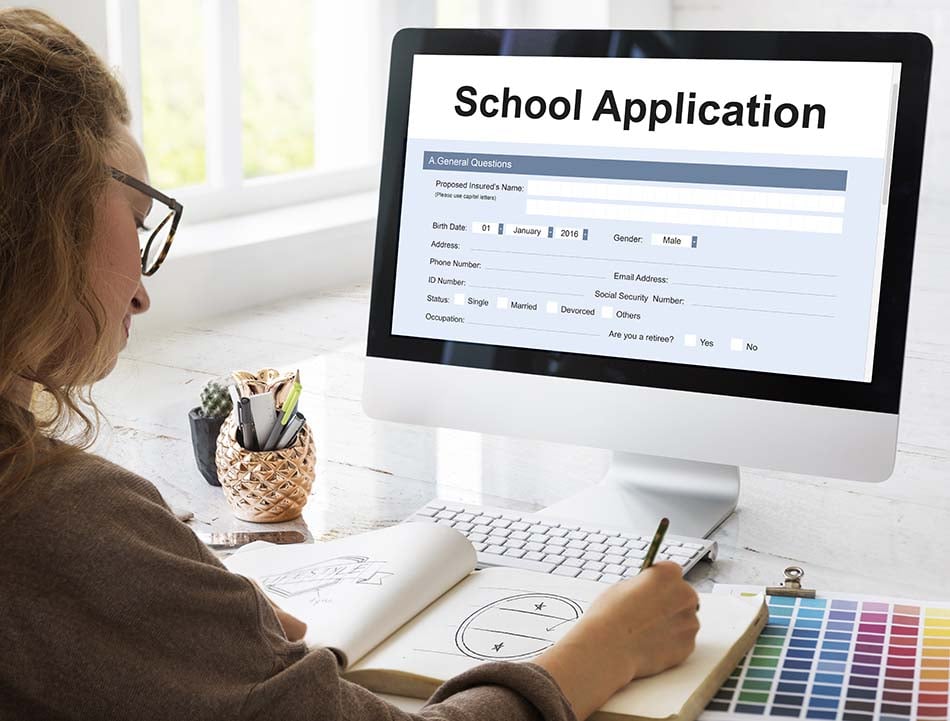College Resources & News from CFNC

Paying off student loans quickly can save you money in the long run. Our experts weigh in on how to effectively pay off your loans ASAP.

Five things you should know about student loan deferment and forbearance.

Applying for college can be overwhelming and stressful. These 11 tips can help alleviate some stress and make you stand out from the pack.

These 10 careers are "future-proof" and considered the best careers for the future based on their demand and salaries.

Planning your career can feel overwhelming. This checklist can help guide you through the process of finding the profession you'd like to pursue and how to do it.

Finding the right college or university depends on many different factors. Here’s what you can do to research the college that’s right for you.

Federal and private loans provide options to help a student get over the financial hump of higher education. Learn about the various options available for college.

It may feel daunting for high school seniors to think about applying to college right now. Many are just trying to stay engaged in virtual classrooms and make it to graduation. Some may have a parent who lost their job and feel that college is just not possible right now.

No matter how old your children or your grandchildren are, college is probably something you’ve thought about. Will they want to go to college? Will they attend your alma mater? And how will you pay for college?

Whether you’re a spender or a saver, it can be difficult to put money aside for college, especially when your kids are young, and college seems so far away.